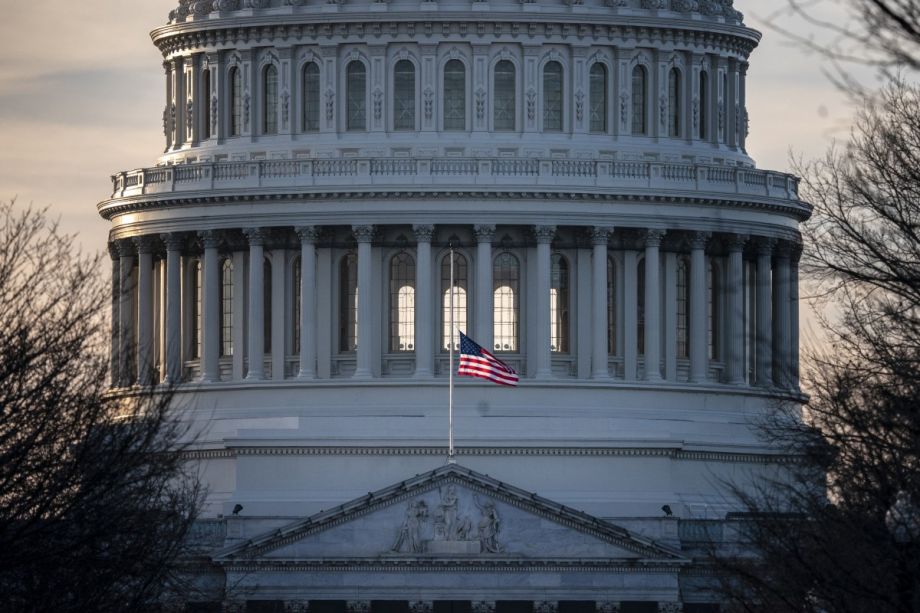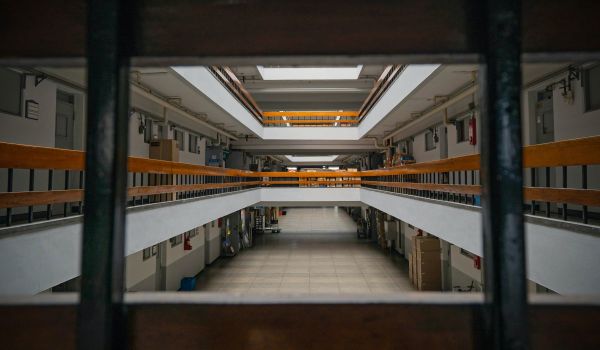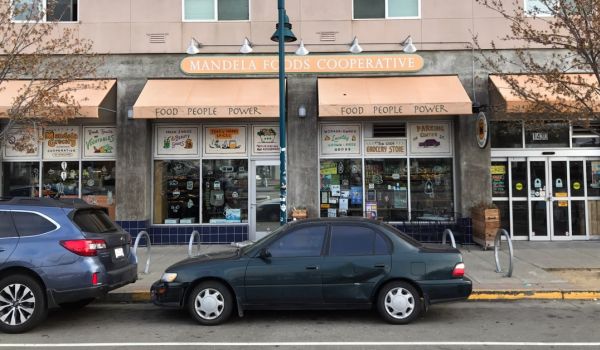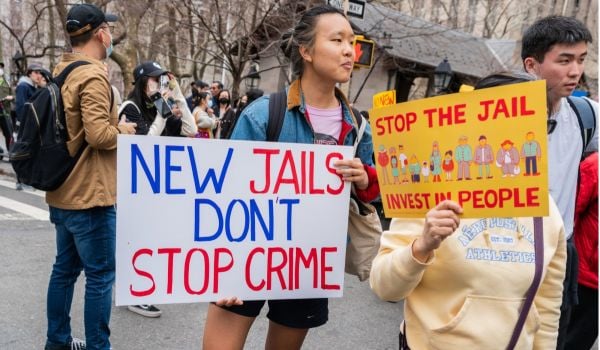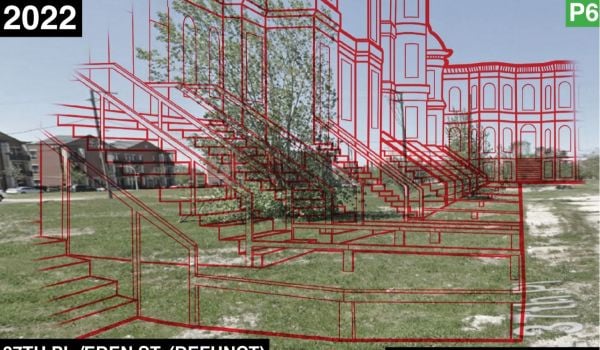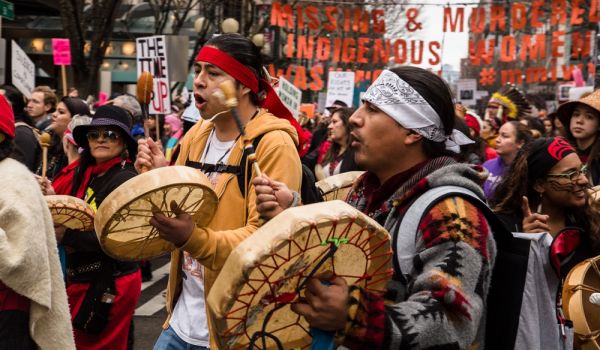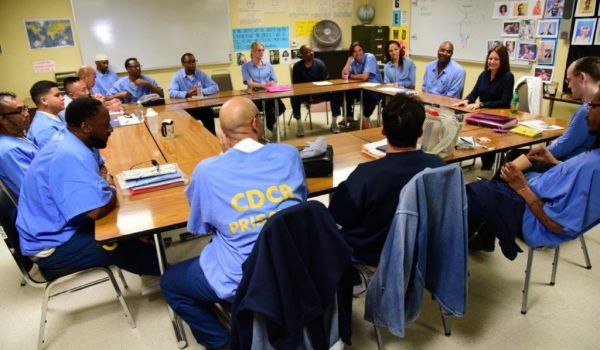The Senate has passed the First Step Act, the biggest criminal justice reform package in decades.
If enacted into law, the act will ease punitive prison sentences at the federal level.
President Trump has indicated he will sign the bill, and a previous version of the bill passed the House of Representatives in May.
The First Step Act, which Majority Leader Mitch McConnell delayed bringing to the Senate floor for a vote for weeks, would ease mandatory minimum sentences at the federal level. It would do so by reducing the “three strikes” rule that currently means many people with three convictions get a mandatory life sentence. It slightly (and retroactively) would increase the “good time credits” inmates can earn for good behavior, which could help thousands of prisoners qualify for release earlier. And it would make retroactive the reforms from the Fair Sentencing Act, which reduced (but did not eliminate) the huge disparity between sentences for crack cocaine and powdered cocaine. It also encourages the use of halfway houses to both reduce prison overcrowding and, hopefully, recidivism.
Vox reports that nothing in this bill is “that groundbreaking” — one of the reasons the bill is called a first step. And even if it passes, it won’t affect anything but the federal prison system, which holds only about 10 percent of the U.S. prison and jail population of 2.1 million.
And the reform doesn’t do anything about racial bias, as Leah Sakala of the Urban Institute and Sentencing Project director of advocacy Nicole D. Porter argued in an op-ed in USA Today.
“While many assume that broad criminal justice reforms would automatically reduce racial disparities that have become so pervasive in the justice system, data tell us this simply is not the case,” they wrote. For example, New Jersey’s criminal justice reforms reduced the state prison population by 26 percent between 1999 and 2012, but black people are still more than 12 times as likely to be imprisoned as white people—and that’s the highest disparity of any state.
Still, that the bill has bipartisan support — and support from the National Fraternal Order of Police — is something in this politically gridlocked climate. The U.S. Conference of Mayors, also a bipartisan organization, also supports the bill, the org said in an open letter to Sen. Lindsay Graham in November. “This sorely needed legislation has broad support and is important to our cities, our residents, and our nation. We are committed to seeing such criminal justice reform legislation enacted into law this year,” the letter said.
Cities (and states) are already far ahead of these reforms, Vox says. From restoring former convicts’ voting rights to expanding public assistance for people with felony convictions to legalizing or decriminalizing marijuana, the slow fight for criminal justice reform is already happening at the local and state level. Now it’s up to the federal government to catch up.

Rachel Kaufman is Next City's senior editor, responsible for our daily journalism. She was a longtime Next City freelance writer and editor before coming on staff full-time. She has covered transportation, sustainability, science and tech. Her writing has appeared in Inc., National Geographic News, Scientific American and other outlets.
Follow Rachel .(JavaScript must be enabled to view this email address)

